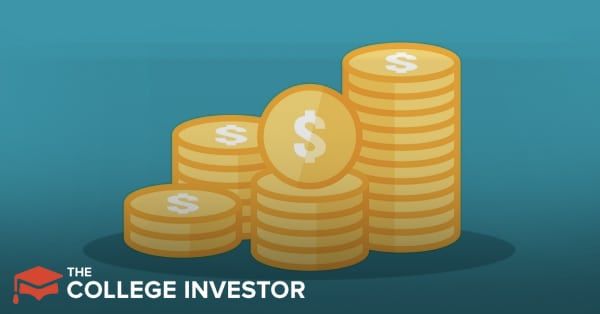Federal Reserve
Definition
The Federal Reserve, often referred to as the Fed, is the central banking system of the United States.
Detailed Explanation
The Federal Reserve is the name of the U.S. central banking system. It was established in 1913 to provide the nation with a safer, more flexible, and more stable monetary and financial system.
The Federal Reserve is made up of of three key entities: the Board of Governors, 12 regional Federal Reserve Banks, and the Federal Open Market Committee (FOMC). The Board of Governors, located in Washington, D.C., oversees the entire system and is led by a Chair, appointed by the President of the United States.
The Federal Reserve's primary functions include managing the nation's monetary policy, supervising and regulating banking institutions, maintaining financial system stability, and providing financial services to depository institutions, the U.S. government, and foreign official institutions. It influences monetary policy chiefly through open market operations, discount rate, and reserve requirements for banks.
The FOMC, a vital component of the Fed, is responsible for overseeing the nation's open market operations. This Committee consists of the seven members of the Board of Governors and five of the twelve Reserve Bank presidents. Its primary role is to set monetary policy, particularly by adjusting the target for the federal funds rate, which influences interest rates throughout the economy.
The Federal Reserve plays a critical role in the U.S. economy. It strives to achieve maximum employment, stable prices, and moderate long-term interest rates. During economic downturns, the Fed can lower interest rates to encourage borrowing and investment, whereas, in times of high inflation, it may raise rates to cool down the economy.
Example
During the 2008 financial crisis, the Federal Reserve played a crucial role in stabilizing the economy. It lowered the federal funds rate to near zero and employed unconventional tools like quantitative easing, which involved purchasing large amounts of government securities to inject liquidity into the economy.
Key Articles Related To Federal Reserve
Related Terms
- Federal Funds Rate: This is the interest rate at which banks and credit unions lend their reserve balances to other institutions. The Federal Funds Rate is set by the Federal Reserve, and is a part of its overall monetary policy.
- Inflation: Refers to the sustained increase in the general price level of goods and services in an economy over a period of time. When inflation rises, purchasing power decreases.
- Interest Rate: Represents the return on an investment or the cost of borrowing money, expressed as a percentage.
- Monetary Policy: Refers to the actions and decisions taken by a central bank or monetary authority to regulate the money supply and interest rates in an economy. Monetary policy goals include controlling inflation, stabilizing prices, promoting economic growth, and maintaining employment levels.
FAQs
What is the main purpose of the Federal Reserve?
The main purpose of the Federal Reserve is to manage the U.S. monetary policy, regulate banks, maintain financial stability, and provide banking services.
Who oversees the Federal Reserve?
The Federal Reserve is overseen by the Board of Governors, which is led by a Chair appointed by the U.S. President.
How does the Federal Reserve influence the economy?
The Fed influences the economy by setting interest rates, controlling the money supply, and regulating the banking sector, which in turn affects employment, inflation, and economic growth.
What is the Federal Open Market Committee (FOMC)?
The FOMC is a component of the Federal Reserve that sets monetary policy, particularly by adjusting the target for the federal funds rate.
Can the Federal Reserve print money?
Technically, the Fed does not print physical money. However, it can create digital currency and influence the money supply through its monetary policy actions.
Editor: Colin Graves
